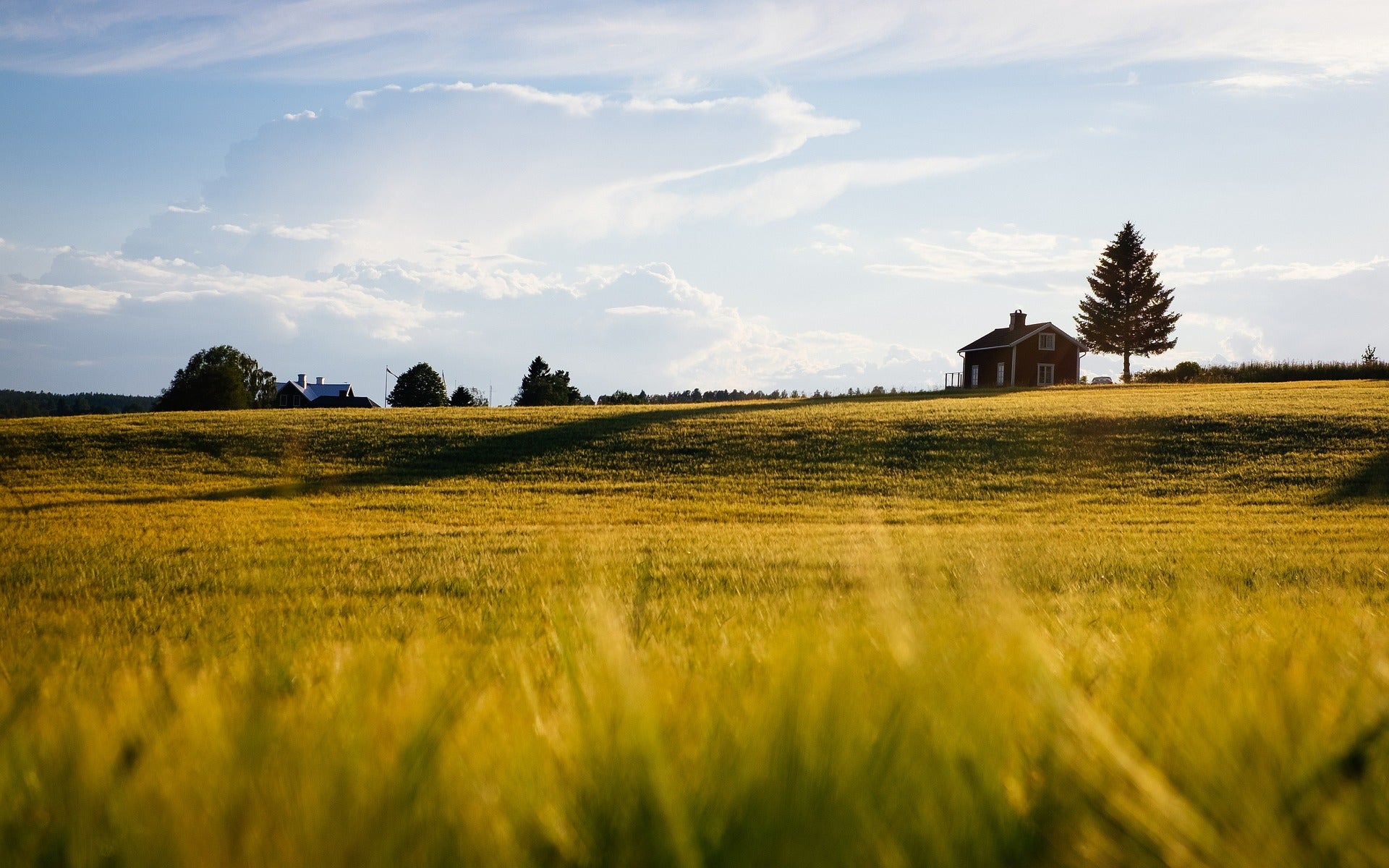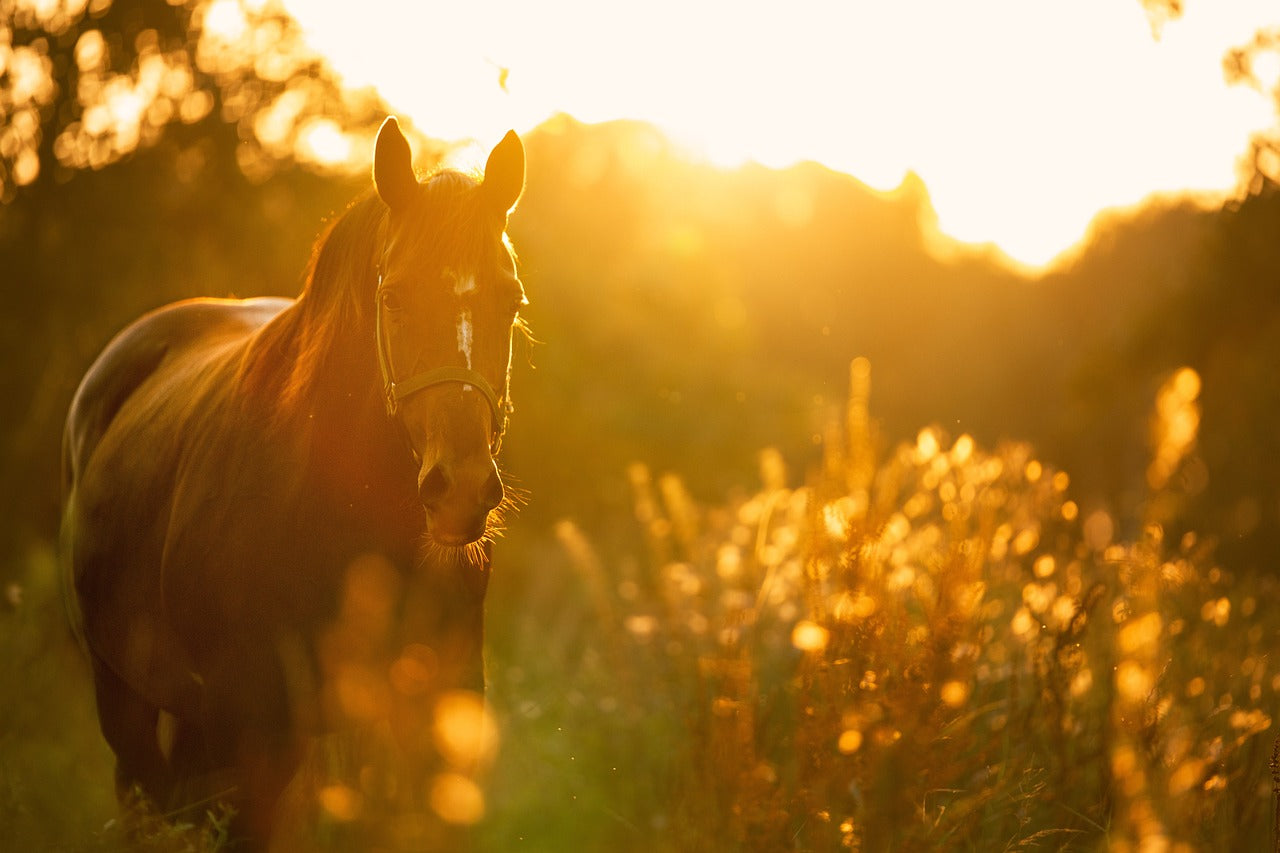
horse pastures
For hardly any other animal, health is as closely linked to feed as for horses. Pastures fed with artificial fertilizers tend to grow quickly. The natural absorption of nutrients via fine roots and soil life is reduced. As a result, the variety of trace elements and mineral nutrients in the green fodder decreases. Rainfall quickly washes out the water-soluble fertilizer salts and more fertilization is required soon. You can interrupt this cycle with Provinea rock flour. You activate the exchange of nutrients via soil life and offer the fine roots a wide range of inorganic nutrients. The plant regulates its metabolism according to its needs. Meadows fed with rock flour are not lush and growth is rather steady.
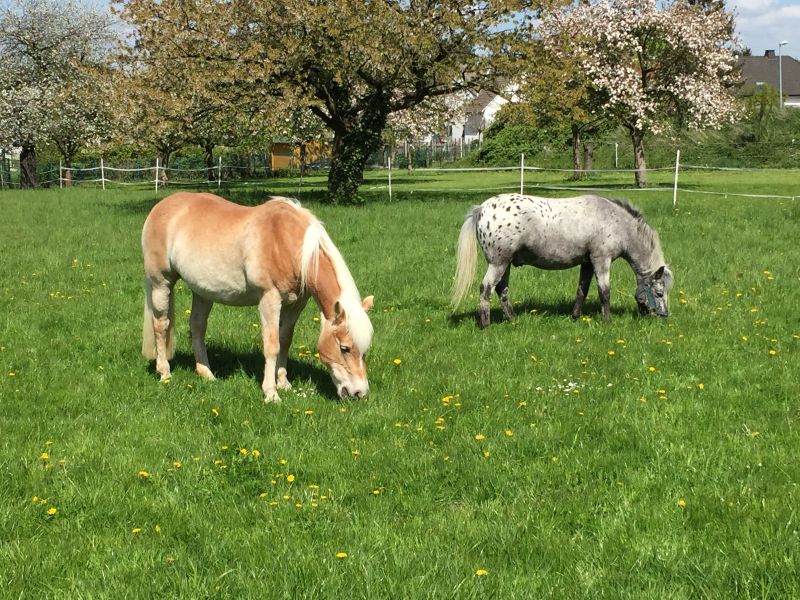
The risk of laminitis is reduced!
Rapid plant growth due to soluble fertilizer salts causes an unfavorable protein composition of the green fodder. (Prof. Dr. William A. Albrecht / University of Missouri) Horses, and especially ponies, have very sensitive protein metabolism. The risk of hoof diseases increases. Increased laminitis can be the result. Another very interesting observation is that our grazing animals eat particularly where the pasture has been naturally fertilized.
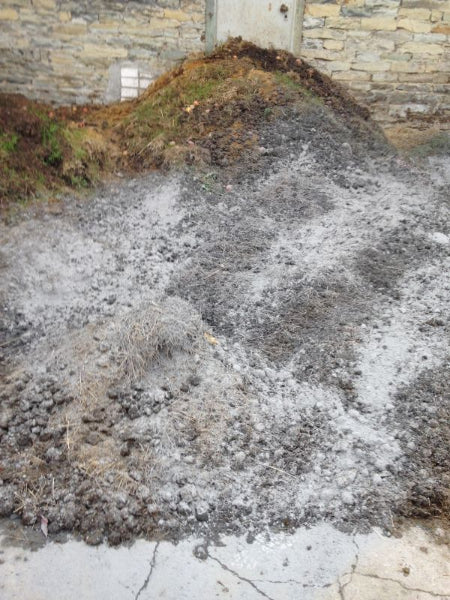
Compost your own manure!
Compost made from your own manure is the ideal partner for Provinea. It brings organic nutrients into the nutrient cycle and nourishes soil life. The rotting process naturally eliminates pathogens, worms and parasites from the fresh manure. Instead of paying for disposal, use the compost as fertiliser for your own pasture. To do this, regularly spread Provinea over the fresh manure. Provinea effectively reduces odours. As a result, the number of annoying flies decreases significantly and the rotting of the manure is considerably accelerated. After just 6-9 months, you have a fabulous compost that you can spread with the manure spreader in late autumn or spring. Flax straw is easier to compost than straw due to its chopped composition. The volume is reduced by around 40% during the rotting process.
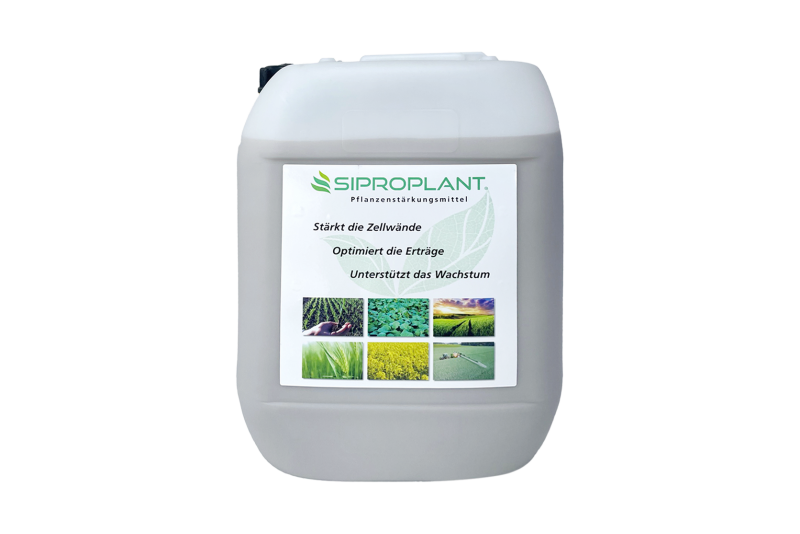
Siproplant® for spraying the pasture
An alternative method for applying minerals to the soil is foliar fertilization. Siproplant® supplies the pasture grasses directly via the leaf surfaces. Even with this method of approx. 2l/ha, the pasture grasses and herbs develop more root mass and thus provide healthier green fodder. If you make your own meadow hay, Siproplant® increases the thickness and length of the stalks. (Often helpful, especially with the second cut)
The application is carried out using a field or backpack sprayer. It is best to combine Siproplant® with KE-plant. Microorganisms such as (Azotovit & Phophatovit) are suitable for NPK fertilization. They generate natural growth but not forced fertilization. This is particularly beneficial for horses suffering from laminitis. You can find all products in our shop on this homepage.

